SCMP | China Key to Supply Chain
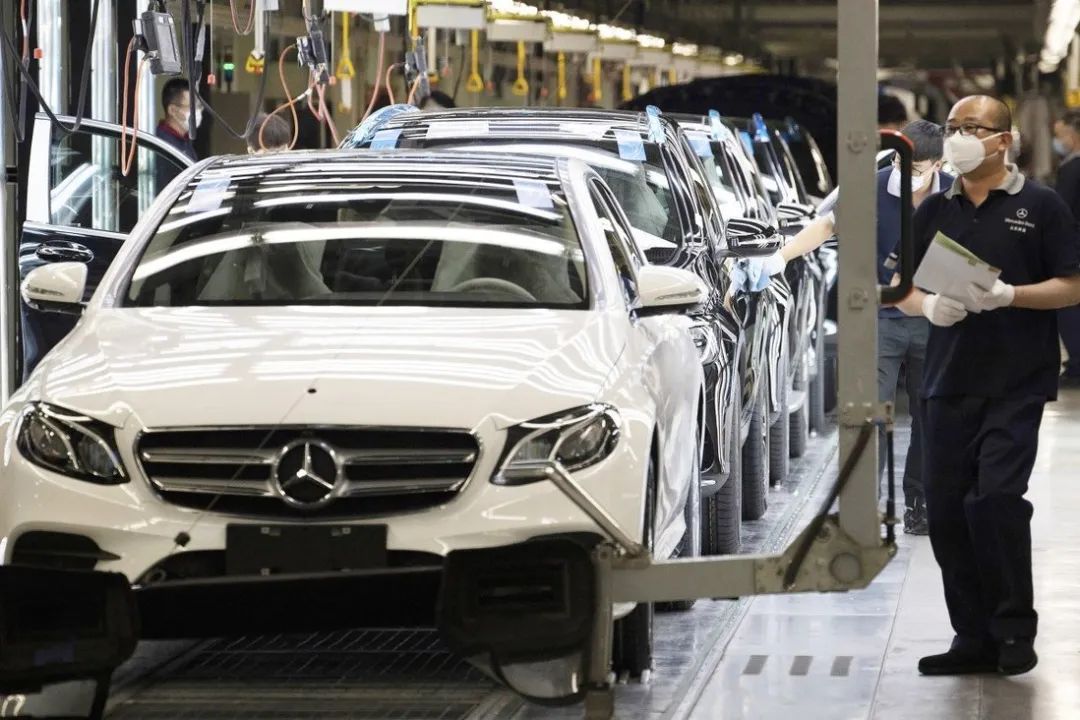
By Edward Tse
2022-7-6
Originally published by South China Morning Post with title "China is in No Danger of Losing Its Supply Chain Supremacy to India or Vietnam" on July 6, 2022. All rights reserved.
The possibility of multinational companies leaving China in droves along with their supply chains has become a hot topic these days. This is nothing new.
In the first quarter of 2020, at the peak of the Covid-19 pandemic, many held the same view. The US and Japanese governments even offered subsidies to companies leaving China and returning home or relocating elsewhere. However, as the pandemic eased in the second quarter and China’s gross domestic product rebounded, the issue became moot.
Today’s situation is trickier. Emerging global challenges, including Russia’s invasion of Ukraine, changing geopolitics, deteriorating US-China relations, prolonged effects of the pandemic and the risk of recession in the United States and Europe suggest a more complex situation.
Many multinational companies are reportedly mulling whether to leave China and move their supply chains to other countries to mitigate risks. Vietnam and India are often mentioned as favoured countries. As BlackRock CEO and chairman Larry Fink said, the globalisation we have experienced over the past three decades has ended.
So where are we heading? During my work, I regularly interact with senior executives of multinationals operating in China. Some companies might curtail their China operations because of the pandemic but, despite the current uncertainties, I haven’t come across many considering a wholesale departure.
Some will, of course, restructure their China operations, selling some businesses but also buying some. Many view China as one of their most important markets and a source of knowledge and inspiration for innovation. While some continue to invest, many are in a wait-and-see mode.
Multinationals are obviously trying to mitigate supply risks as the lockdown in Shanghai has disrupted several global supply chains. The war in Ukraine is another source of uncertainty for global supply chains. Some firms might deploy the “China plus one” or “China plus two’’ approach – that is, one or two additional supply chain hubs outside China.
While apprehensions about global supply chains are real, specifics vary by industry. Many factors affect the design and structure of supply chains, including the market for end products, the magnitude of innovations involved, level of technology, digitalisation, labour intensity, relative values of currencies, interdependence across different parts of the supply chain, and the degree of clustering of suppliers.
Supply chains leaving China is nothing new. For more than a decade, many labour-intensive manufacturing businesses such as apparel, shoes, toys and low-end consumer electronics have been moving out. However, even in these industries, not all have left or are leaving China.
For example, Shein, a fast-growing online fashion retailer, largely depends on a network of hundreds of core apparel suppliers supported by even more smaller suppliers in Guangzhou. Operating in close proximity to Shein, these suppliers provide consumer-centric, agile and efficient services.
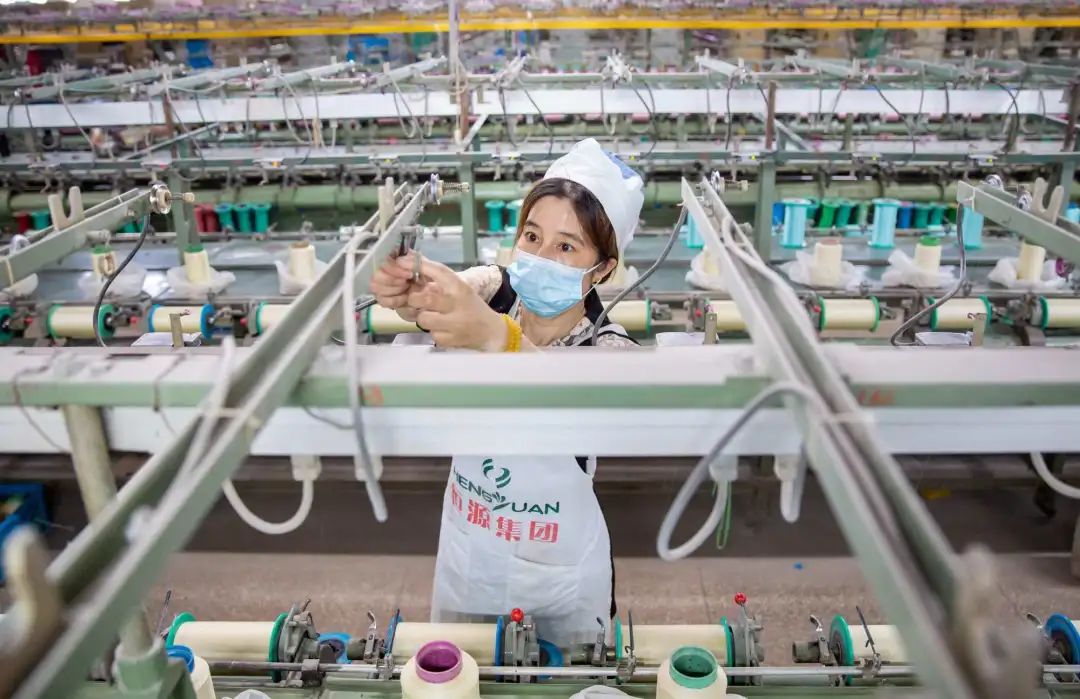
In the smart consumer electronics industry, suppliers are often spread across several countries because of the availability of certain raw materials as well as the capabilities and skills honed in some countries. These supply chains traverse national borders, working with a multitude of suppliers and producers. Those supplying the ultimate manufacturer are often clustered together.
These supply chains are “sticky”, and it takes a long time to build them. It would be difficult for many manufacturers to move their supply chains. Some might move parts to other countries, but new supply chains are often constructed because of new products or policies in the host country.
For example, India requires import substitution across many product categories. On the whole, India and Vietnam are not in the same league as China.
China is becoming a global leader in some industries. For example, it is the world’s largest market for, and exporter of, electric vehicles. Foreign manufacturers such as Tesla, Volkswagen and BMW are deeply rooted there and are strengthening local manufacturing and research and development capabilities as part of their core global strategies.
Another example is the semiconductor industry. Nineteen of the world’s 20 fastest-growing chip companies are from China. Semiconductor firms in China clocked up sales of more than US$150 billion in 2021.
Supply chain resilience to geopolitical risks is a complicated issue. China brings risks for some, but so do other countries. Business executives I have talked to said there are risks of operating supply chains in Vietnam and India too. They also know that reshoring of supply chains to the West is not easy.
Given the current state of the global economy and geopolitics, multinationals do have some concerns. However, I have been told that after considering issues including the war in Ukraine, inflation, chances of a multipolar post-war world order and possible shifts in the international finance system, they believe China could play a more important global role going forward.
In particular, China’s progress in digitalisation means it will play a pivotal role in the integration of digital supply chains and development of its digital currency.
Much of the current sentiment is driven by geopolitics and the Ukraine war. While some of these factors could be here for a while, others are transient. Geopolitics and other non-economic factors are distorting the perspective in terms of economic fundamentals, while company executives are making their decisions based on economic logic and global strategies.
Multinationals are ultimately responsible to their shareholders and must configure supply chains based on quality, cost, timeliness and security. As such, while there might be short-term issues, China will continue to play a pivotal role in many supply chains barring some extreme “black swan” event.
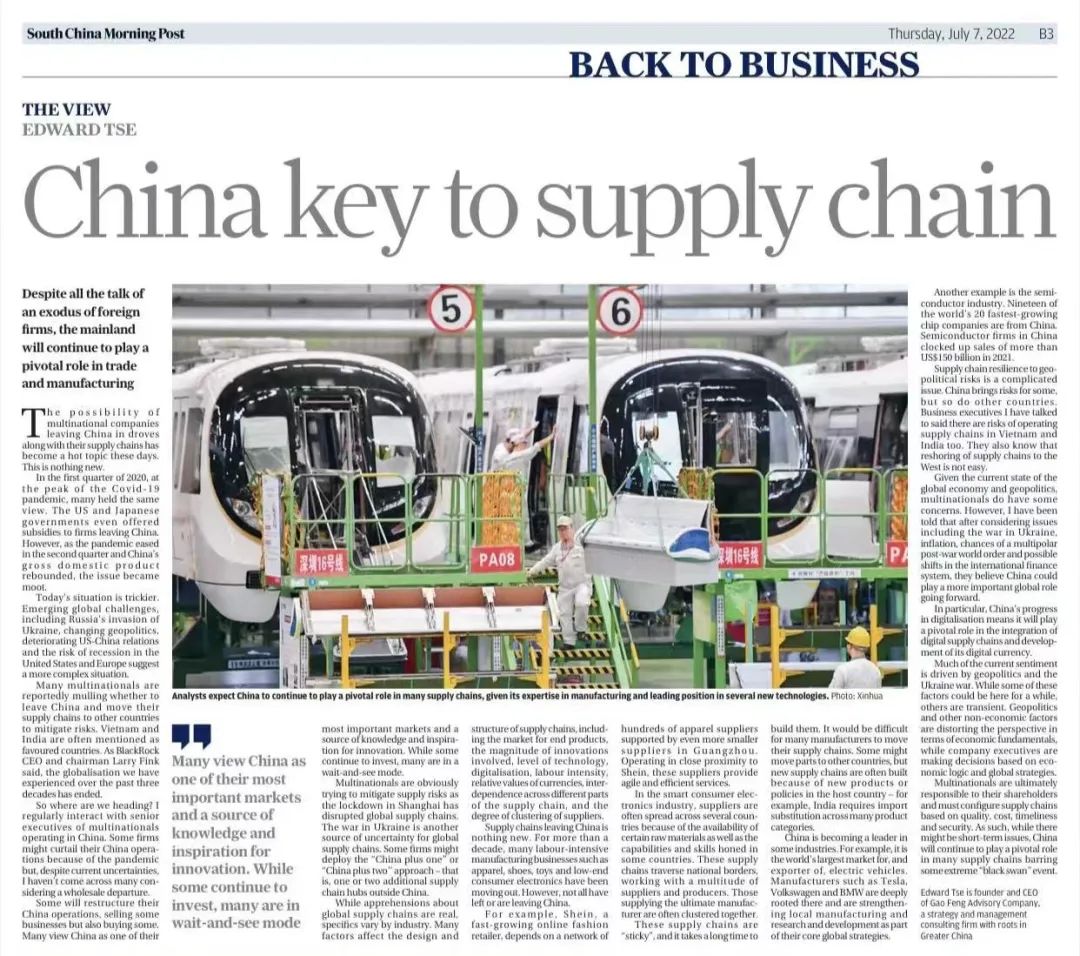
About the Author
Dr. Edward Tse is founder and CEO, Gao Feng Advisory Company, Adjunct Professor of School of Business Administration at Chinese University of Hong Kong, Professor of Managerial Practice at Cheung Kong Graduate School of Business, and Adjunct Professor at the SPACE program of University of Hong Kong. He is a member of Global Future Council on China at the World Economic Forum, as well as a member of advisory boards for private equity and venture capital companies. He started his strategy consulting career at McKinsey’s San Francisco office in 1988 before returning to Greater China in the early 1990’s. He became one of the pioneers in China’s management consulting industry, by building and running the Greater China operations of two leading international management consulting firms (BCG and Booz) for a period of 20 years. He has consulted to hundreds of companies, investors, start-ups, and public-sector organizations (both headquartered in and outside of China) on all critical aspects of business in China and China for the world. He has also advised the Chinese government organizations at different levels on strategies, state-owned enterprise reform and Chinese companies going overseas, as well as to the World Bank and the Asian Development Bank. He is the author of several hundred articles and five books including both award-winning The China Strategy (2010) and China’s Disruptors (2015), as well as 《竞争新边界》 (The New Frontier of Competition), which was co-authored with Yu Huang (2020). He holds a SM and a SB in Civil Engineering from the Massachusetts Institute of Technology, as well as a PhD and an MBA from University of California, Berkeley.
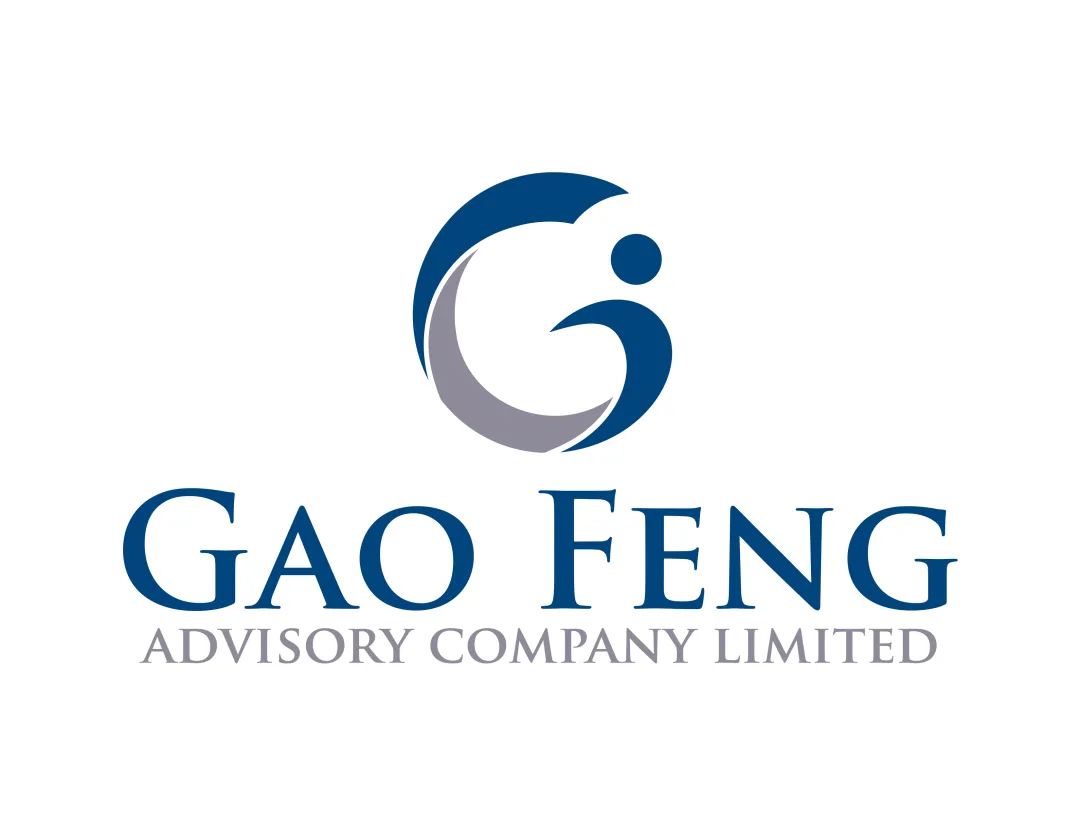
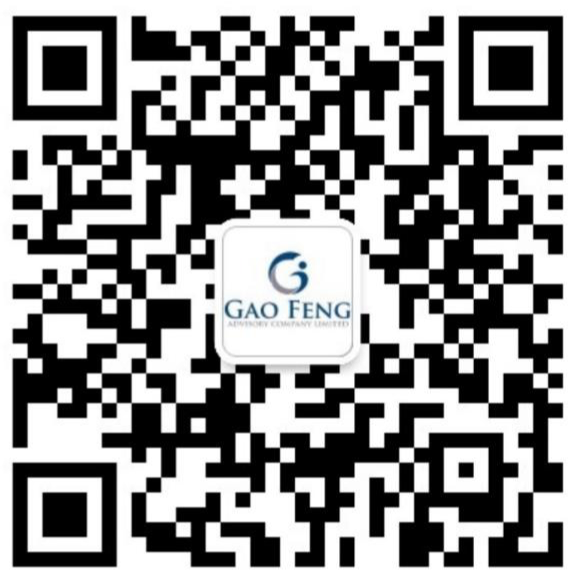
Gao Feng Advisory
Gao Feng Advisory Company is a professional strategy and management consulting firm with roots in China coupled with global vision, capabilities, and a broad resources network
Wechat Official Account:Gaofengadv
Shanghai Office
Tel: +86 021-63339611
Fax: +86 021-63267808
Hong Kong Office
Tel: +852 39598856
Fax: +852 25883499
Beijing Office
Tel: +86 010-84418422
Fax: +86 010-84418423
E-Mail: info@gaofengadv.com
Website: www.gaofengadv.com
Weibo: 高风咨询公司
